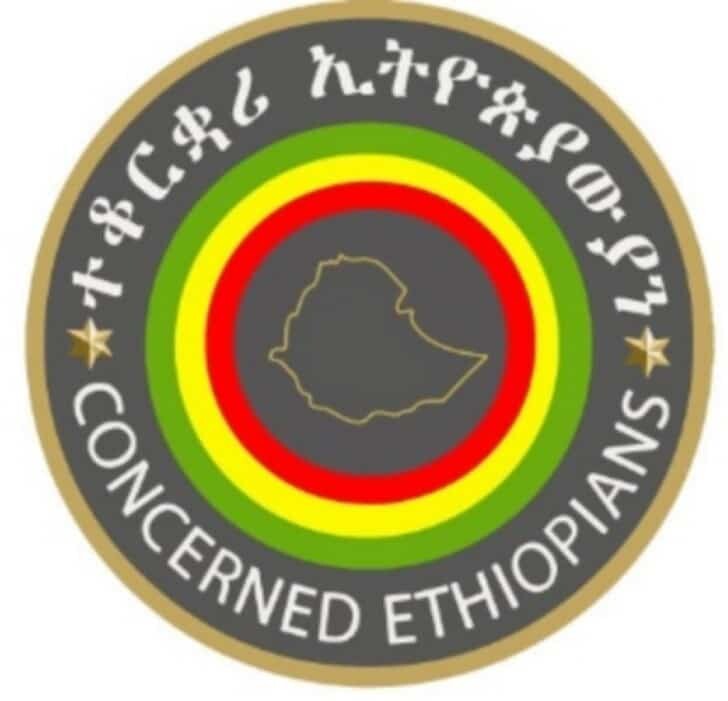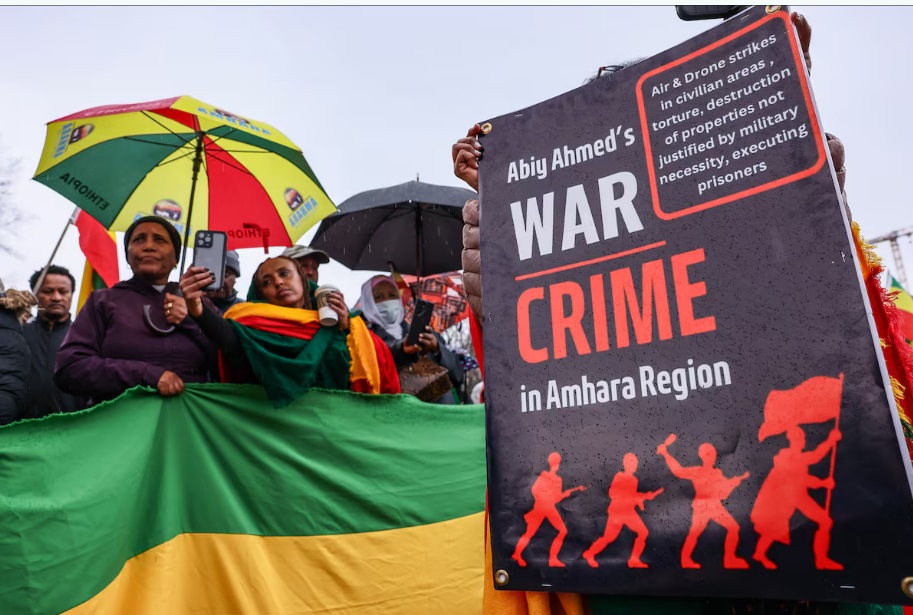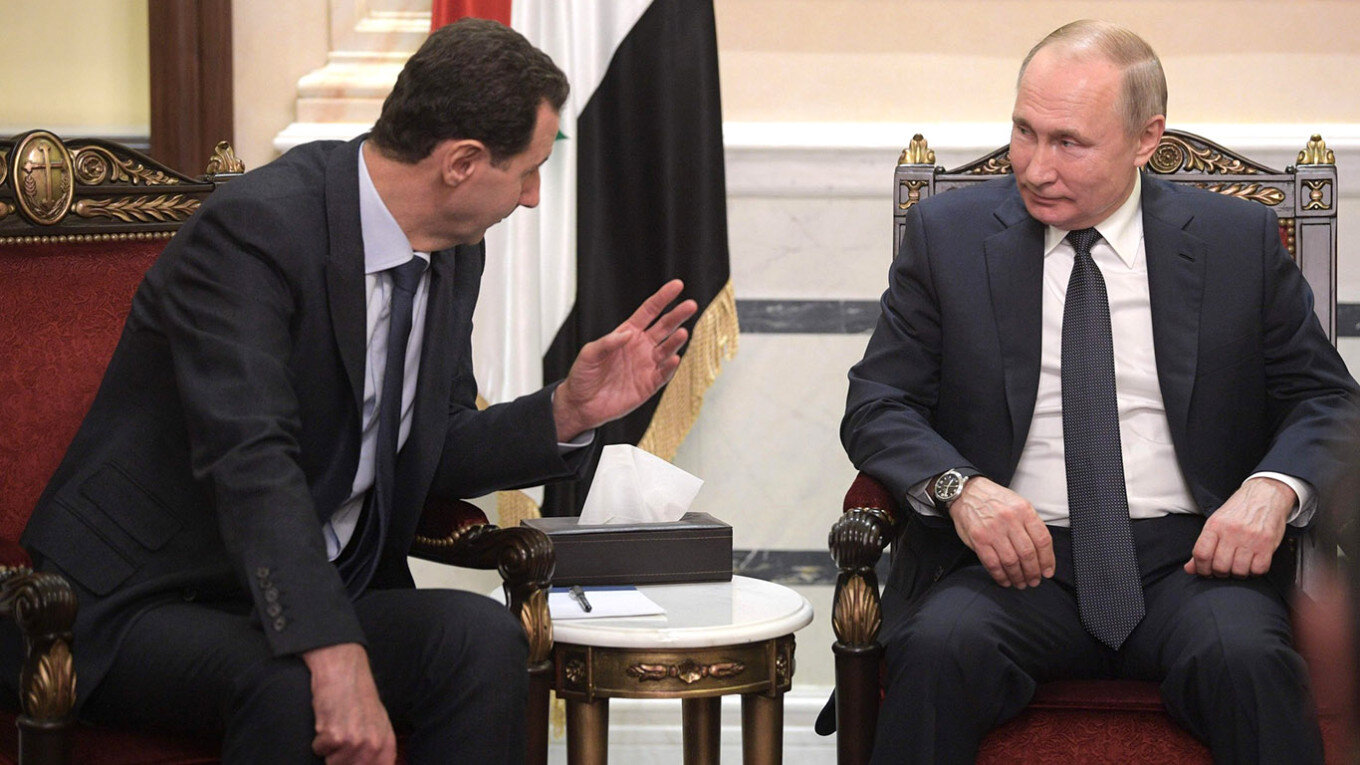By Dr. Suleiman Walhad
February 1st, 2023
Much is not clear of the thought processes of Horn African States politicians, when it comes to dealings with Arab countries, and basically the Arabian Peninsula, now often referred to as the Gulf Co-operation Council or the GCC countries. They comprise of Saudi Arabia, The United Arab Emirates, Qatar, Bahrain, Oman and Kuwait. The fact that we often talk about Arabs is just loaded as it can be. There are hardly any relations with other Arab countries, other than normal diplomatic relations. Perhaps the closer other Arab countries would be Sudan, a Cushitic-cum-Arab country and Egypt, and in the past, there was Libya.
Hence discussing the Arab relationship with the Horn of Africa States simply refers to the GCC countries whose main foreign policy is driven by paycheck diplomacy and especially when it comes to poor African politicians who are mesmerized by the extreme wealth of these countries.
Over the past forty years, relations between GCC countries and the Horn of Africa have been on a rollercoaster, sometimes rising and others falling down steep curves, but overall, the paycheck diplomacy adopted by the former, because of its wealth have not been received well by the citizenry of the Horn of Africa States despite the lip service political maneuverings of the paid politicians of the Horn of Africa States.
Why is the GCC involved in the Horn of Africa?
For one they are said to be practicing their foreign interventions on the region by pay them off Horn Africa politicians with meager amounts. Recently they have tried their paycheck diplomacy on the European politicians, who are now cry wolfing on some of their politicians who were bribed by GCC countries. They now are convinced that every politician anywhere has a price and in this respect, the poor Horn African States politician stands no chance.
The concept is to buy favors from the Horn African politicians when the need arises, and especially when it comes to the security architecture of the GCC countries. Note the two regions are on opposite sides of the same bodies of waters, namely, the Red Sea, the Gulf of Aden and the Somali/Arab seas (the northern Indian ocean). There are the Iranians and the Israelis, who both pose major security threats to the GCC region. Both are militarily much more powerful than the GCC countries and if there was no American protection, it is difficult to conceive how they would dealt with these potential threats.
There are also commercial and investment interests. One must note that the GCC countries have always lived off the bounties of the Horn of Africa States from time immemorable. It is only recently that the GCC countries have acquired much of wealth but before that, they were the ones with stretched hands begging for support. Horn African merchants and wealthy people used to send their zakat to the GCC countries although, then, it was just the Arabian Peninsula and not the GCC countries. They know that there is wealth to be exploited in the Horn of Africa States region and the current Horn African States leaders can be bought with a paycheck. No wonder we saw the UAE in Djibouti, later kicked out by the government of Djibouti, when their true colors were discovered. Now they are in Berbera, and they are confusing the poor Somali state. They entice many regional politicians of the Somali landscape with bribes, so that they can give them access to their regions without going through the normal diplomatic channels. They are in Bossaso, and Gara’ad and Kismayo and other ports, and if not for the Turks, they would probably have been in Mogadishu, too. They have worked on Eritrea but have not generally achieved much and Ethiopia and it is not clear how deep is their entanglement in Ethiopian affairs.
The Horn Africa States Economic promise
The Horn of Africa States region owns a vast natural wealth and the fact that the Gulf Arabs, turned to this wealth when they discovered that the West is on a decline trajectory, economically and especially after the 2008 global financial crisis. However, they have gone about it the wrong way, much like the European colonizers of the nineteenth century and not through a win-win investor attitude. They played on their Islamic benevolence to entice entire unsuspecting populations to advance their dubious causes.
The GCC countries looking for alternative investments other than oil and gas, have discovered the vast agricultural lands and the vast marine spaces of the Horn of Africa States, the first for agriculture and the second for ports and marine economic exploitation which the owners could not achieve with their retarded financial infrastructures. They have suppressed the exploitation of the vast hydrocarbon reserves of the Horn of Africa region, which if fully exploited could rival the GCC countries and beat them in their own games, i.e. reversing the trend to the old ways, where the Horn African was always feeding the GCC citizen.
The Security Architecture in the Horn of Africa States
The GCC countries have also expanded their military presence in the region not only to, at least, compete with others such as Turkey and others who have their own military presence in the region, but to assure of their security. The GCC countries now and before, after they have acquired the hydrocarbon wealth saw the Horn of Africa States as a threat to their security, despite the fact that the Horn is prone to its own idiosyncratic internal problems. During the seventies, many Middle Eastern countries and even some Maghreb countries and France established what used to be referred to as the “Safari Club”. This was an informal intelligence alliance (Read John K. Cooley, Unholy Wars: Afghanistan, America, and International Terrorism (Pluto Press: London, 2002), 15) supposedly designed to counter communism in the region. Both the regimes of Somalia and Ethiopia were so-called socialist at the time and there was Cuban military presence in Ethiopia to fend off the strong Somali army, at the time.
The view of the GCC countries towards the Horn of Africa States is not much different although the actors have changed and the Horn of Africa States, has itself, dramatically changed. However, the security interest of the Gulf in the region remains the same and the paycheck diplomacy has not ebbed. It continues now even more to destabilize the region so that it never poses a threat to them.
The modes of intervention varies from country to country, but generally, the GCC countries first come in as benevolent Muslim countries only to change colors as soon as they find firm footing and then use their paycheck diplomacy to disrupt life and normalcy in the Horn of Africa countries. The Horn of Africa States region is just waking up to the call to address the sources of the poisoned arrows thrown into the region.
The Future and what it holds for the Horn of Africa States relations and the Paycheck Diplomats
The Horn of Africa States needs the GCC countries as much as the latter also needs the Horn of Africa States region. It would be a winner should the GCC countries walk away from the disruptive role they play at the moment through their paycheck diplomacy and look at a winner contract with the Horn of Africa States. Basically, they should also meet the needs of the Horn of Africa States as partners in peace and in development. A region to region approach instead of reaching to parts of sovereign nation states is not a good idea from which the GCC countries should refrain. They should involve themselves in economic opportunities in the region as well as social opportunities, investing in the region as they have the resources to create wealth for both themselves, and the Horn of Africa States. Taking advantage of one is a temporary phenomenon and the GCC countries would be better off abandoning their paycheck diplomacy corrupting officials of the Horn of Africa States.


















Every time I read article by this well read brother it makes me feel that I have not been alone in many of my views/opinions. Bravo Brother Dr. Suleiman, bravo!!!